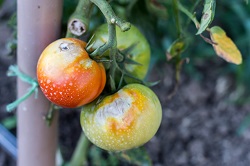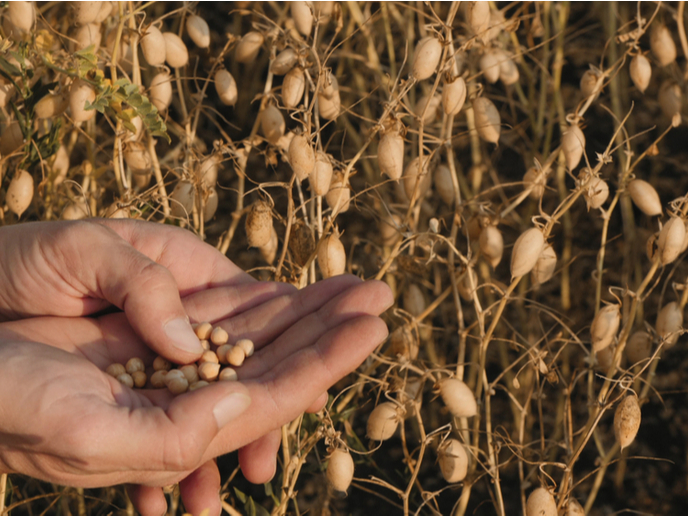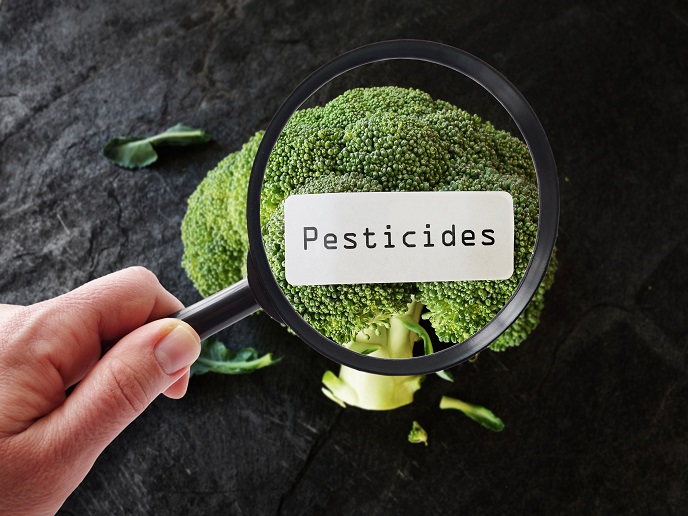Smarter biological controls
Pests have always affected agriculture. Unwanted organisms eat crops and/or cause disease, in both ways reducing yields. For a time, pesticides were effective. However, in many cases pest species have evolved resistance. In that case, use of such chemicals causes environmental pollution and food safety concerns for no benefit. An alternative is biological control, involving the use of one species to control another. The EU-funded BIOCOMES project aimed to develop 11 new such biocontrols. The applications target insect pests and/or fungal diseases affecting European vegetable, fruit, grain and forestry industries. Each new development will replace particular pesticides. The organisms intended to control insects include other beneficial insects, roundworms and viruses that affect insect pests, plus bacteria and fungi. The latter two were also used to control fungal diseases. The team additionally developed new production techniques for existing biocontrol agents. “Two of our eleven applications are mature, and ready for the next stage,” says project leader Dr Jürgen Köhl. “The others have shown promise but still require further development.” Biocontrol success The first market-ready application uses a naturally occurring virus to kill the caterpillars of three related moth species that plague European tomato and potato crops. The team isolated a highly infectious strain of the virus and demonstrated effective caterpillar control using it. For tomato leafminer (Tuta absoluta), one of the three moth species, market analysis demonstrated substantial likely benefits compared against the costs of registration. Registration will proceed during 2018. Future work will focus on optimising the application and lowering costs. A roundworm, Heterorhabditis bacteriophora, is the other mature biocontrol and its target is insect pests of various crops including Western Corn Rootworm (Diabrotica virgifera virgifera) in maize. The worms have long been used in this way in practise, delivered to the customer as a powder. Conventionally, however, handling and processing reduce the treatment’s effectiveness and shelf life, which increases costs. Team researchers began a breeding programme intended to make the worms more infectious and hardy. Use of genetic markers assisted the breeding. Cross-breeding of strains resulted in a new roundworm strain having the necessary combination of traits. The breeding will continue in follow-up projects, leading to use of the new strain in large-scale agriculture at much lower costs than previously. Further studies Results from trials of several other biocontrol possibilities also encouraged the BIOCOMES team. Researchers worked on a fungus that attacks other fungi, and developed a seed treatment that helps protect cereal crops against fungal diseases. The project furthermore used aphid parasites to control the insects and manage orchards, plus another parasite to kill a cabbage-eating moth. These, and numerous other applications, remain under development. “Our project has proven that biocontrol SMEs and research organisations can work together in a project of certain size to achieve significant progress,” notes Dr Köhl. Aside from the biocontrol products themselves, the scientific community has also acknowledged BIOCOMES for its process knowledge. “Other research groups were interested in how we constructively brought all parties together and avoided conflicts regarding IP rights.” BIOCOMES’ new biological control agents will help European agriculture phase out synthetic pesticides, while improving yields. With such developments, the era of pesticide usage is gradually shrinking, in favour of smarter and more environmentally friendly solutions.
Keywords
BIOCOMES, biocontrol, pesticide, biological control, roundworm, insect pests, agriculture







